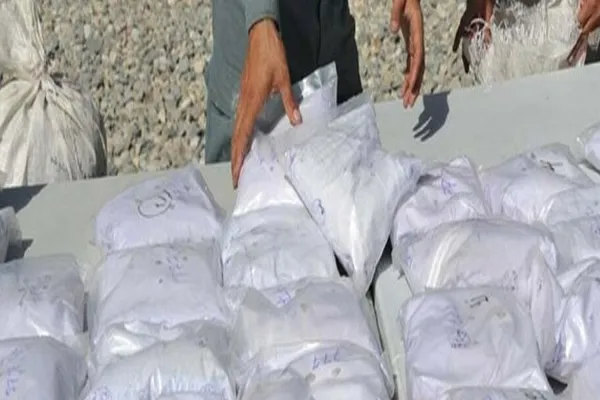i NEWS PAKISTAN
Domestic Violence (Prevention and Protection) Bill 2025: A Landmark Move for Every Victim:

PPP MNA Sharmila Farooqi has introduced a bill in the National Assembly aimed at taking strong action against perpetrators of domestic violence. While Sindh had already passed similar legislation back in 2013, the increasing number of domestic violence cases in the federal capital has highlighted the urgent need for such a law in Islamabad as well. The bill also reflects Pakistan’s obligations as a signatory of the Convention on the Elimination of All Forms of Discrimination Against Women (CEDAW).
The proposed legislation emphasizes protection for men, women, children, transgender individuals, the elderly, and persons with disabilities. It addresses all forms of domestic abuse, including physical, mental, emotional, sexual, and economic abuse. What makes this bill truly groundbreaking is its recognition that domestic violence is not limited to physical harm — the effects of mental and emotional abuse can be even more devastating. Emotional abuse includes threats, harassment, stalking, and coercion, while economic abuse covers depriving someone of financial resources. Sexual abuse is defined as any act that humiliates or violates a person’s dignity.
This bill marks a significant step in Pakistan toward taking concrete action against such crimes. Mental and emotional abuse can have tragic consequences, sometimes leading victims to suicide. According to the World Health Organization (WHO), in 2019, the global suicide rate was 8.9 deaths per 100,000 people, highlighting the severe impact of psychological harm.
Punishments under the bill range from six months to one year of imprisonment and fines of up to Rs100,000, with part of the fine allocated to compensate the victim. Court orders can protect victims by restricting abusers from entering their homes, returning property, and granting monetary relief for economic loss, medical expenses, and maintenance. Custody may also be provided to guardians or service providers if required. The bill also proposes protection committees and officers to ensure victims are informed of their rights and court orders are enforced.
Implementation will be key. To enforce the bill effectively, Pakistan will need honest and well-trained protection officers, active service providers, and a transparent judicial system. However, cultural resistance and lack of awareness remain significant hurdles. Yet, if action is taken with integrity and perpetrators are held accountable, countless lives could be saved, offering protection to those who have long suffered in silence.
Credit: Independent News Pakistan (INP)









